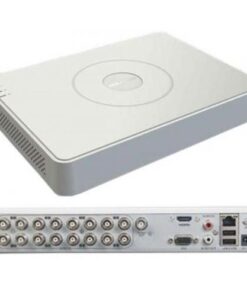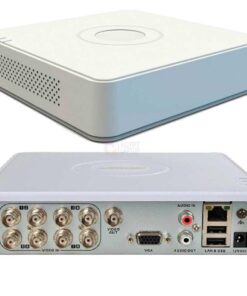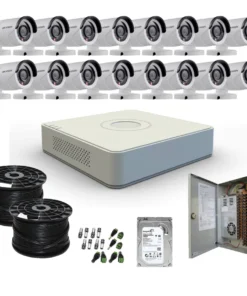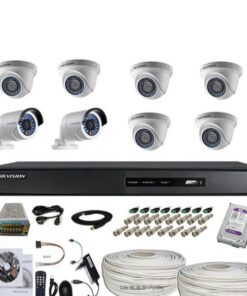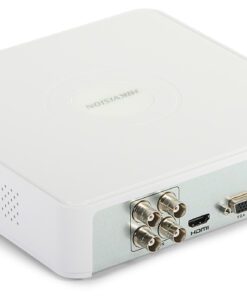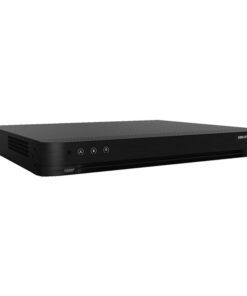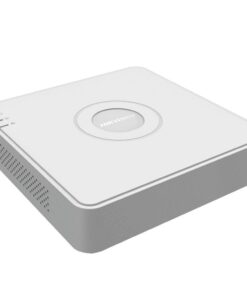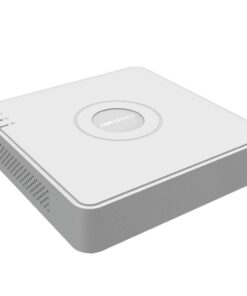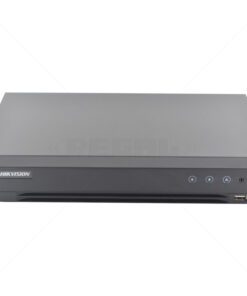DVR / NVR
DVR / NVR
DVR / NVR
DVR / NVR
DVR / NVR
DVR / NVR
DVR / NVR
DVR / NVR
DVR (digital video recorder) and NVR (network video recorder) are devices commonly used in the DIY (do-it-yourself) space for recording and storing footage captured by CCTV cameras. These devices can be installed and configured by individuals or small businesses, rather than relying on professional security companies. DVRs and NVRs provide an efficient way to store and manage footage captured by CCTV cameras.
A DVR is a device that records video footage from CCTV cameras onto a hard drive. DVRs typically have a set number of channels, which dictate the number of cameras that can be connected to the device. They can be connected to analog CCTV cameras, and the footage is recorded in a digital format that can be easily searched, played back, and exported. DVRs are relatively inexpensive and easy to set up, making them a popular choice for the DIY space.
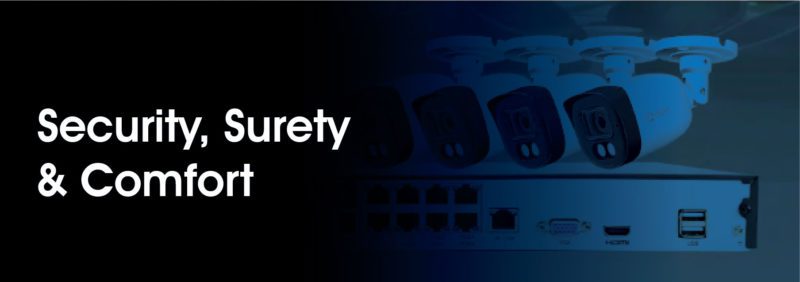
An NVR, on the other hand, is a device that records video footage from IP cameras (digital cameras that transmit footage over a network) onto a hard drive. NVRs do not have a set number of channels and can handle a large number of cameras, which makes them suitable for larger properties or businesses. NVRs can be accessed remotely and footage can be viewed and stored in the cloud. NVRs are more advanced and costlier than DVRs, they offer more features and flexibility than DVRs.
Both DVRs and NVRs offer a variety of features, such as motion detection, remote viewing, and the ability to export footage. Many DVRs and NVRs also come with the option of cloud-based storage, which allows users to store recorded footage remotely and access it from anywhere.
While DVRs and NVRs can be a great way to increase security in the DIY space, it’s important to remember that they are not foolproof. It’s always a good idea to have a backup plan in place in case something goes wrong with the system. Additionally, it’s important to keep software and firmware up-to-date to ensure that the devices are protected against potential vulnerabilities. Moreover, it’s important to ensure that the storage capacity is adequate for the amount of footage you wish to record, to avoid running out of storage space.

Overall, DVRs and NVRs are an important aspect of access control and surveillance in the DIY space. With the right technology and planning, individuals and small businesses can create a secure environment while also maintaining flexibility and control over access. It’s important to do proper research, understand the technology and install it correctly to ensure that the devices are working as intended.


